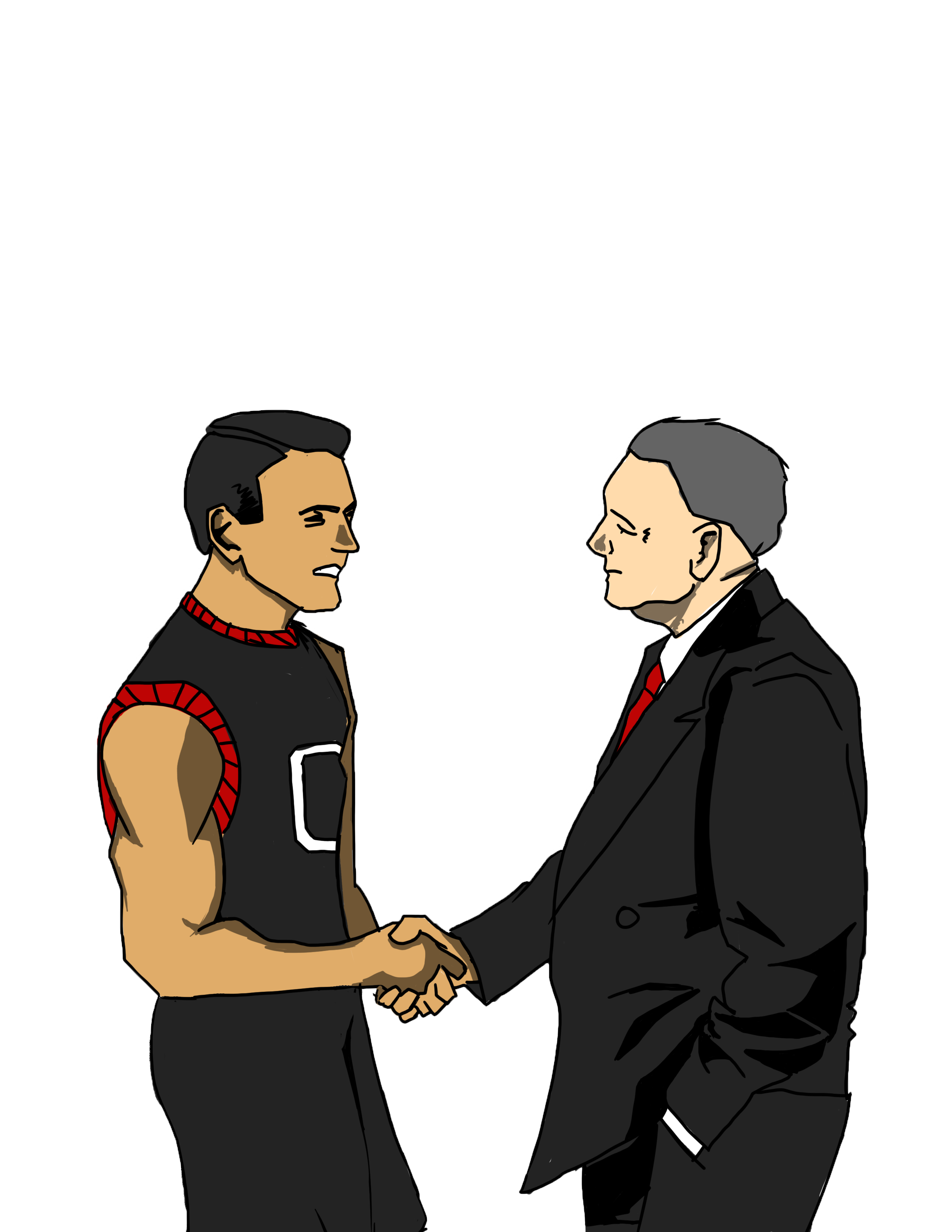
Sports diplomacy is where a nation uses sports to demonstrate its stance on an issue or sort out diplomatic relations. This practice has been shown to ease communication between countries and has proven invaluable in historical conflict situations.
On April 10, 1971, a group of Americans stepped across the bridge from Hong Kong to China. They were the first Americans allowed in the country since the Chinese Communist Party’s takeover in 1949. The group was composed of nine ping-pong players, as well as their coaches and spouses.
Time Magazine referred to the diplomatic event as the “ping heard around the world” and it marked the beginning of “ping-pong diplomacy” for the U.S. and China. It was a cultural exchange that helped normalize relations between the two countries and eventually led to the easing of travel bans and trade embargoes against China.
Despite sport diplomacy’s successful track record, many resist the mixing of sports and politics, arguing that the sanctity of the sports field should be preserved. But the very definition of sports means they aren’t apolitical — their competitive nature can either be used to ease tensions or exacerbate them.
However, mixing sports and politics can cross a line in what is known as negative sports diplomacy, where a country uses sports to display hostility toward another. A common case of this is the exclusion of certain countries’ athletes. These decisions are often made by larger nations on international committees with the power to veto the inclusion of smaller nations.
Nations can also be censured from international sporting events due to their national policy, the most recent example of which is the ban of Russian and Belarusian athletes from some international competitions following Ukraine’s invasion. While some associations, such as the International Biathlon Union, will continue to allow athletes to compete neutrally, sporting events have been banned from being held in Russia.
As long as international sporting events continue to exist, competition between participating nations is inevitable. By viewing the worlds of sports and politics as separate spheres, we are engaging in unintentional sports diplomacy and reflecting hostilities on and off the field.
We should focus on intentionally engaging in sports diplomacy: conducting sports exchanges and considering national teams as representatives of their countries. Doing so deters unintentional communication of hostilities and promotes sports as a way to solve political issues peacefully.



